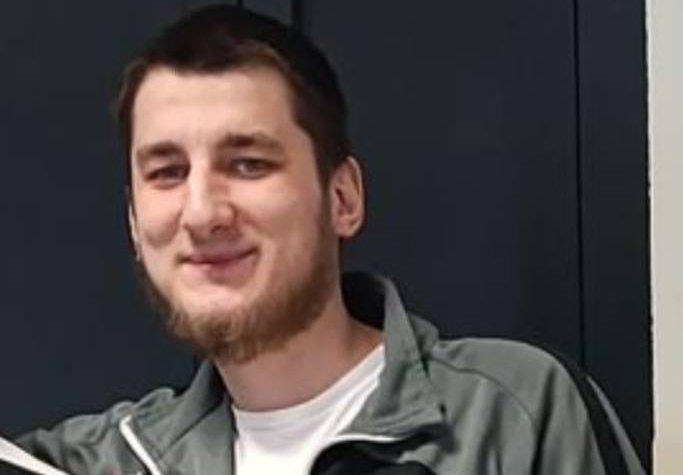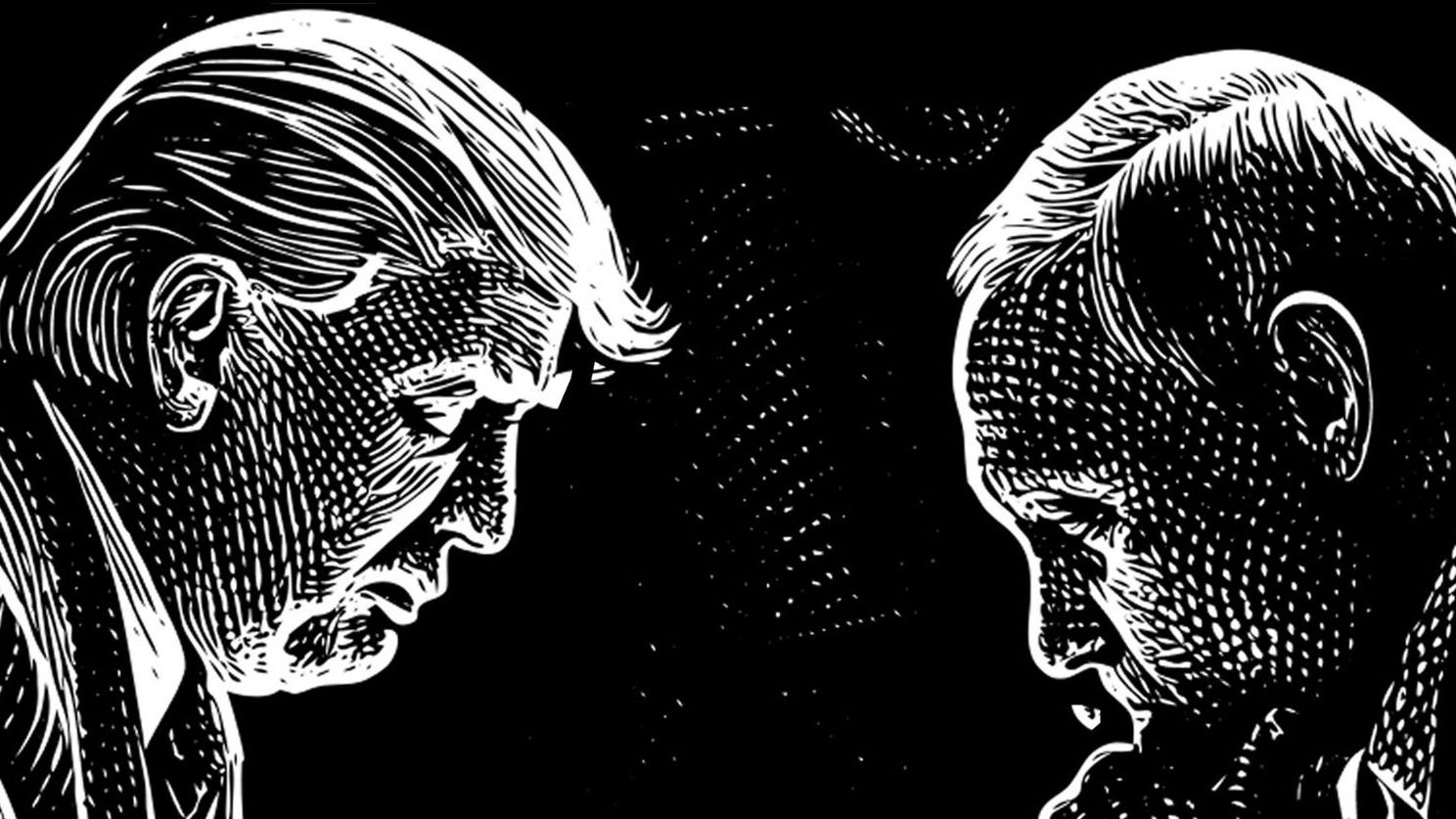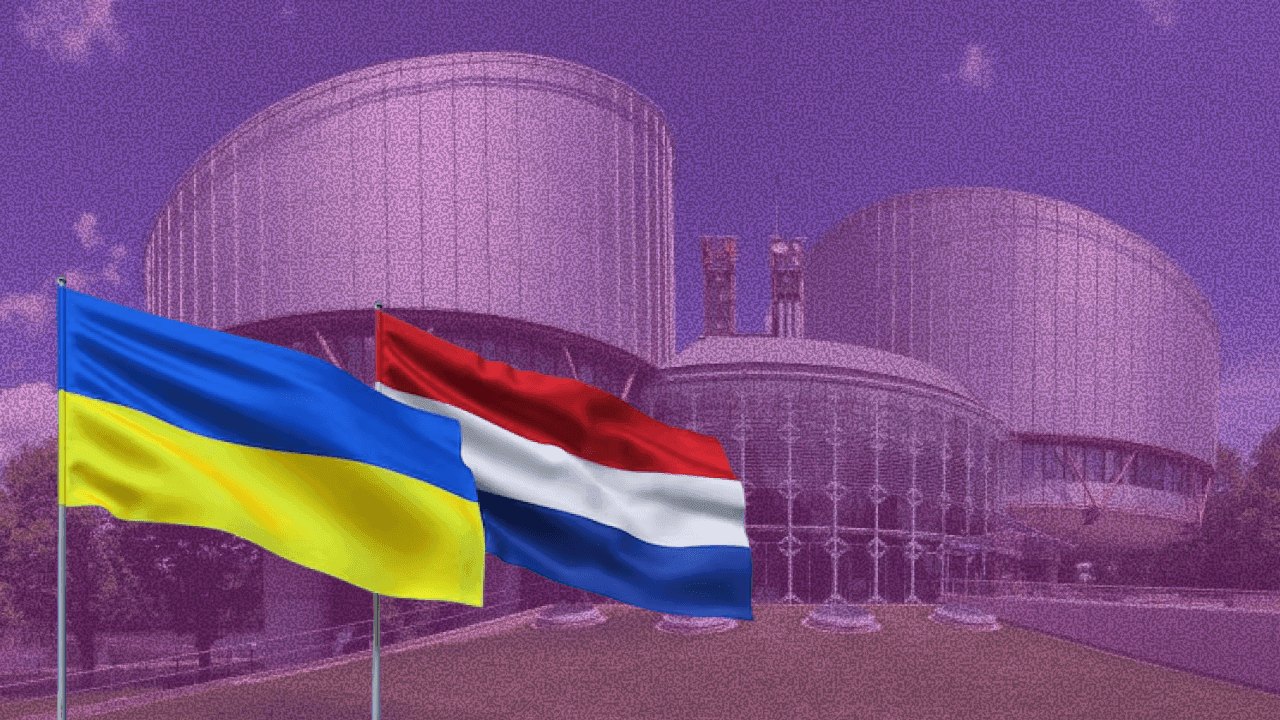This material is available in other languages:
ru
30 Oct 2024
Enforced disappearances in the North Caucasus. Lawyers from the Memorial Center have submitted a communication to the Committee of Ministers of the Council of Europe

фото: unsplash.com
On October 21st, 2024, lawyers from Memorial Human Rights Defence Centre sent a submission to the Committee of Ministers of the Council of Europe. The lawyers reported that the recommendations of the ECHR and the Committee of Ministers to investigate and prevent enforced disappearances in the North Caucasus are not being executed, and new such cases occur regularly in the region.
Table of contents
- ‘Khashiyev and Akayeva v. Russia’
- How ECHR recommendations are (not) being implemented today
- New cases of enforced disappearances
- Recommendations
‘Khashiyev and Akayeva v. Russia’
At the December session the Committee of Ministers of the Council of Europe will examine the execution of ECHR judgements in the group of cases ‘Khashiyev and Akayeva v. Russia’.
‘Khashiyev and Akayeva v. Russia’ is a large group of cases that brings together all ECHR judgements concerning the killings by the Russian military in the North Caucasus (150 civilians killed and 111 injured or ill-treated), as well as cases of enforced disappearance of 668 people between 1999 and 2017 (all reported missing).
The Court issued its first judgement on the group in 2005. The ECHR found that the Russian authorities had violated Article 2 on the right to life, Article 3 on the prohibition of torture and Article 13 on the right to an effective remedy of the European Convention on Human Rights.
In 2012, the ECHR delivered a landmark judgement in the case of ‘Aslakhanova and Others v. Russia’. It was the first time the ECHR stated that enforced disappearances in Chechnya were a systemic problem. The Court provided substantial recommendations for Russia.
Some of those recommendations included:
- To create a single, sufficiently high-level body in charge of solving disappearances in the region;
- To provide financial compensation to the families of victims, coupled with admission of State responsibility for the crimes;
- To enhance effectiveness of investigations;
- To provide relatives of victims with access to case files;
- To refrain from applying statutes of limitations and termination of pending investigations.
On November 8th, 2023, Stichting Justice Initiative and Memorial Human Rights Defence Centre sent a submission to the Committee of Ministers outlining the ongoing problem of enforced disappearances in the North Caucasus.
The lawyers pointed out that despite numerous judgements and practical recommendations, the vast majority of ECHR decisions have gone disregarded. Those responsible for mass disappearances in the region have not faced any consequences.
How ECHR recommendations are (not) being implemented today
On October 21st, 2024, lawyers from the Memorial Centre sent a new submission to the Committee of Ministers of the Council of Europe.
The lawyers pointed out that the developments described in the previous submission are still ongoing. Moreover, under Russian law, there is still a statute of limitations on these violations, since the Criminal Code does not define enforced disappearance as a distinct offence.
Instead, the authorities categorise enforced disappearances as abductions or murders, with no consideration of the continuing nature of the offence. Therefore, the statute of limitations for these episodes is limited to 10-15 years, starting from the date of the disappearance of the person, and not from the moment the offence ceases, as required by Article 8 of the International Convention for the Protection of All Persons from Enforced Disappearance. As a result, in most of the cases of enforced disappearances during the Second Chechen War, the statute of limitations had already run out.
Due to their widespread and systematic nature, these crimes constitute crimes against humanity, as defined in article 5 of the International Convention for the Protection of All Persons from Enforced Disappearance. Therefore, the statute of limitations should not apply to these crimes at all.
The authorities suspend investigations, then resume them and then suspend them again: this can happen many times. This is a primary strategy to prolong and simulate the investigation processes.
During suspended investigations, applicants and their lawyers are not guaranteed the right to familiarise with the case file: this right is guaranteed only after the investigation has been completed. In addition, investigators have the right to partially or fully classify the case file.
New cases of enforced disappearances
In recent years, new enforced disappearances have occurred in the region, including short-term disappearances aimed at fabricating criminal cases against victims with the risk of torture. Sometimes, under the initiative of the Chechen authorities, enforced disappearances take place in other regions of Russia with the victims then transported to Chechnya.
For example, on May 20th, 2023, former Chechen policeman Yasin Khalidov was detained in the Omsk region and then transferred to Chechnya. The Chechen authorities had been searching for him for wanting to resign from the police force after his return from the war in Ukraine and threatened to fabricate a criminal case against him. His fate is unknown.
On May 31st, 2023, a Chechen policeman kidnapped Magomed Abubakarov, a British national. Abubakarov had visited his relatives in Chechnya. He was held in an illegal prison for a month and then released under an obligation to report to the police station. On April 4th, 2024, police officers wounded Abubakarov in his home. The authorities fabricated a criminal case against him.
The practice of enforced disappearances and killings of women who do not conform to the traditional way of life also continues. For example, on August 23rd, 2023, Chechen security forces in cooperation with St. Petersburg police officers abducted 26-year-old Seda Suleymanova, who had run away from home because of the threat of being subjected to an ‘honour killing’. The girl lived in a religious family where she was forced to wear a hijab and to perform salah. With the help of human rights activists, Suleymanova left Chechnya and travelled to St Petersburg. Later, her relatives had accused her of stealing jewellery, after which she was kidnapped by the republic's security forces. There has been no contact with Seda ever since. On August 30th, 2023, Mansur Soltayev, Chechnya's human rights ombudsman, published a picture of Suleymanova and stated that she was safe. The photo showed Suleymanova wearing a headscarf and having a bruise on her neck. There is still no information about Seda's condition; human rights activists suggest that she could have been killed.
Recommendations
The lawyers of the Memorial Centre ask the Committee of Ministers to acknowledge that the Russian authorities have failed to execute the general measures arising from the ECHR judgments and the decisions of the Committee of Ministers, and to indicate the following measures for their implementation:
- Adopt global framework agreements against enforced disappearances, including ratification of the International Convention for the Protection of All Persons from Enforced Disappearance;
- Abolish the statute of limitations on offences related to enforced disappearances in Russian legislation;
- Create a single body dealing with enforced disappearances in the regions of the North Caucasus;
- Stop the practice of unjustified suspension of investigations;
- Provide applicants and their lawyers with the right to access all criminal case files related to enforced disappearances and murders;
- Put an end to the practice of threatening lawyers and human rights defenders working in the North Caucasus;
- Conduct new and effective investigations into all enforced disappearances and killings in the region and address the shortcomings identified by the ECHR;
- Create a special programme to compensate relatives of disappeared persons;
- Publicly issue an apology for the crimes committed.

Tatyana Chernikova
lawyer at the Memorial Centre
"The 'Khashiyev and Akayeva’ group of cases is often referred to as a group about historic crimes, meaning that many of the crimes took place more than twenty years ago. At the same time, it is very important to remain aware of the relevance of this topic.
Firstly, old kidnappings and murders remain unsolved. And, therefore, the suffering of the relatives of the abducted and murdered continues. Secondly, new abductions continue every year in the North Caucasus.
Therefore, we and other human rights organisations try to regularly update the Committee of Ministers of the Council of Europe, in particular in the run-up to the Committee's sessions where this group of cases is considered".
Firstly, old kidnappings and murders remain unsolved. And, therefore, the suffering of the relatives of the abducted and murdered continues. Secondly, new abductions continue every year in the North Caucasus.
Therefore, we and other human rights organisations try to regularly update the Committee of Ministers of the Council of Europe, in particular in the run-up to the Committee's sessions where this group of cases is considered".






